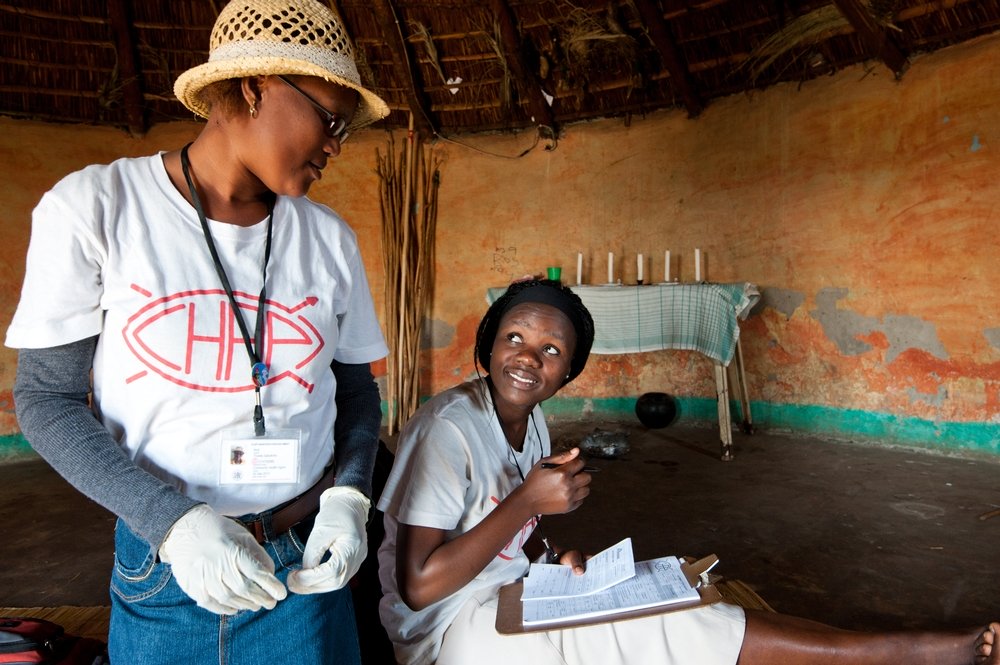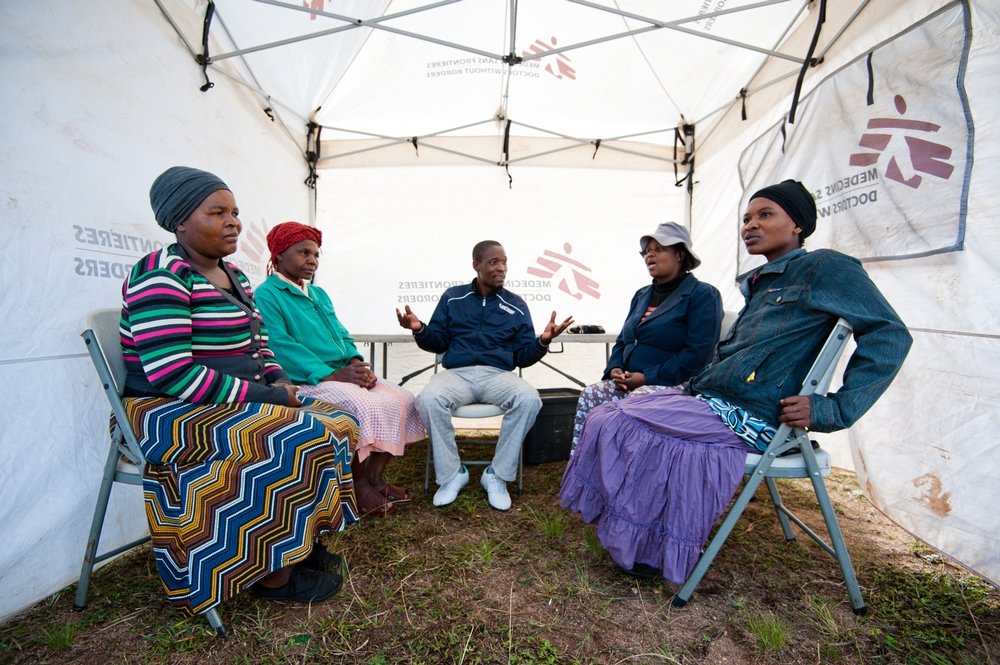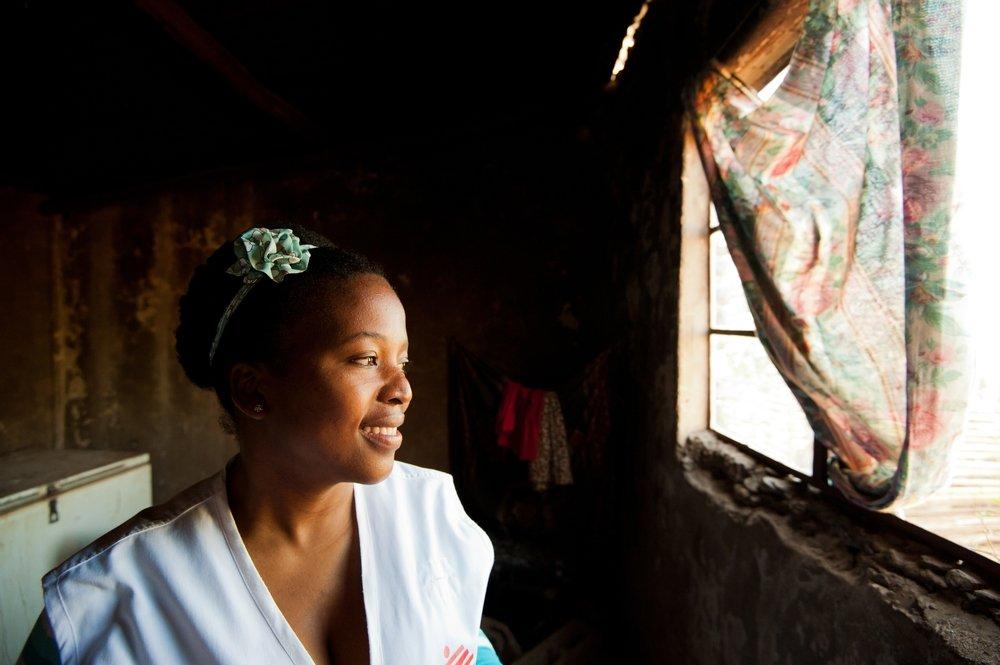
CAPE TOWN/JOHANNESBURG – Doctors Without Borders (MSF) welcomes the inclusion of Fixed Dose Combination (FDC) formulations of antiretroviral (ARV) drugs in the national 2013-2014 ARV supply tender, as announced by the South African Department of Health today.
“The inclusion of FDCs is good news for the 1.7 million people currently on ARVs in South Africa, because they now finally have access to simpler and improved treatment options – which significantly cuts down their daily pill burden from 3-5 pills down to just one,” says Dr Gilles Van Cutsem, MSF’s medical coordinator in South Africa and Lesotho.
“Rolling out drugs in FDC formulations will have significantly positive implications to help keep patients adherent to their life-long treatment.”
Simplifying the first line treatment regimen also will facilitate the roll-out of community based interventions such as ART adherence clubs in the Western Cape, and unlocks the real value of initiating an improved prevention-of-mother-to-child-transmission strategy through the implementation of PMTCT Option B, scheduled to start in April 2013.
“Adopting Option B with the availability of FDC formulations simplifies the delivery of ART to pregnant women as soon as they test positive. This eliminates the need for infants to receive nevirapine syrup for the whole duration of breastfeeding as they are now protected through their mothers taking ARVs,” says Van Cutsem.

The adoption of a universal regimen to both treat HIV positive pregnant women and prevent transmission to their babies paves the way for considering the more comprehensive Optional B+*.
South Africa has committed to the ambitious target of including 3 million people in antiretroviral therapy (ART) by 2015. If this is to be achieved, expanding access must be complemented with health systems running more efficiently and services geared towards retaining people on ART and ensuring sustained treatment adherence and success.
FDC formulations not only benefit patients but also relieve the burden on the South African health system by simplifying the ordering and monitoring of ARV stocks. With fewer pills to pack, transport and dispense, cost reductions are also possible.
“This is an important step in the right direction for South Africa by joining neighbouring states in Southern Africa in a move to simplify and harmonise treatment regimens in a region where the burden of HIV is the highest in the world,” Van Cutsem concludes.
Notes to the editor:
*Optional B + differs from Option B in that women are offered to continue uninterrupted life-long treatment after the breastfeeding period, which has further benefits.
- South Africa is the world’s biggest consumer of ARVs in the world (21% of all ARVs globally are consumed here) and the government has finally used its negotiating power to purchase fixed dose combinations at extremely competitive prices.
- The South African national ARV tender obtained FDCs priced at R89.37– the world’s lowest price.
- Further price reductions are likely in the future as more pharmaceutical companies enter the market and compete on price.
FOR MORE INFO OR TO ARRANGE INTERVIEWS CONTACT:
Borrie la Grange, Head of Communication, MSF South Africa
call: 0832875294 | 079 872 2950 email: borrie.lagrange@joburg.msf.org
Find out more about MSF in South Africa
